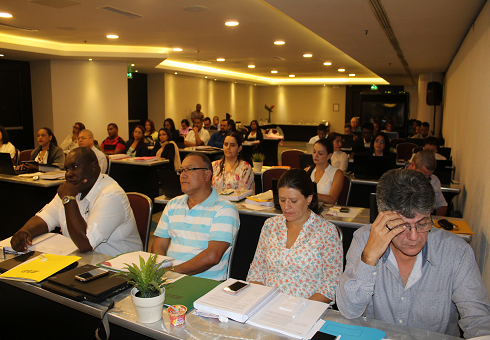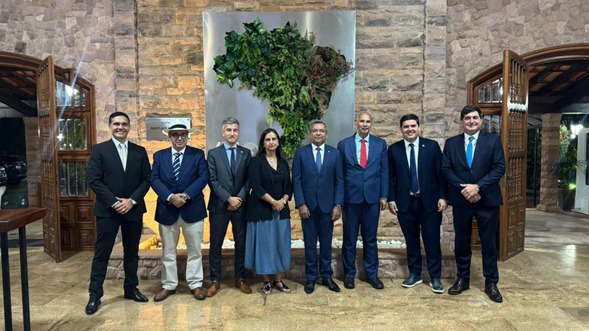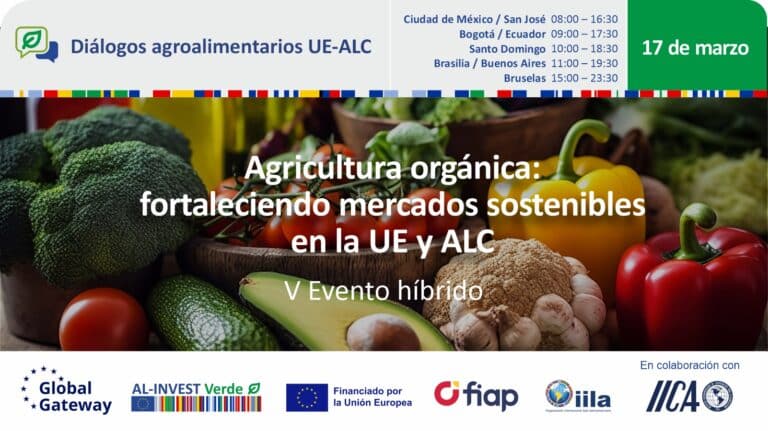IICA implemented an international course for the application of the food safety modernization act of the united states of america.
IICA implemented an international course for the application of the food safety modernization act of the united states of america.
Continuing its commitment to facilitate the implementation of the Food Safety Modernization Act (FSMA) of the United States of America (USA), enacted on January 4, 2011, the USA Department of Agriculture (USDA), has been developing, along with the Inter-American Institute for Cooperation on Agriculture (IICA), a series of courses for Lead Instructors in Food Safety Preventive Controls in various regions and countries in the Americas.
USDA, along with IICA, the Alliance of Food Safety Preventive Controls (FSPCA), technical support from Texas Tech University and the NSF food protection consulting firm, developed a Training Course in Dominican Republic aimed at training and certifying Lead Instructors in Preventive Controls. This training is intended to contribute to generate greater capacity of the beneficiary countries to guarantee the safety of food. The event took place in the Crowne Plaza Santo Domingo Hotel, with a duration of 4 days, covering the period from 7 to 10 March 2017. The training activity involved a total of 46 technicians from Honduras, Nicaragua, Costa Rica, Haiti and the Dominican Republic.

Participants in the training activity were enabled to serve as instructors and trainers of other technicians (ToT), agro-entrepreneurs, processors and agro-exporters to facilitate compliance with current international food safety standards required by importing countries, particularly compliance with the FSMA regulations in the USA, with the expectation that this will increase the commercialization of agricultural products and reduce to a minimum the levels of rejection of food exports due to non-compliance with the current international regulations on food safety and food protection.
At the end of the training activity participants expressed their satisfaction and future expectations as they were trained as lead instructors for preventive controls, ensuring that this would contribute significantly to facilitate international trade and export to the U.S.A. of food for human consumption produced in their respective countries.











